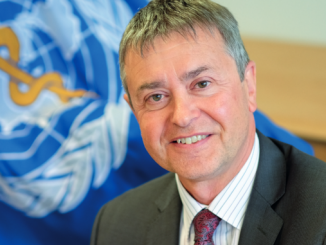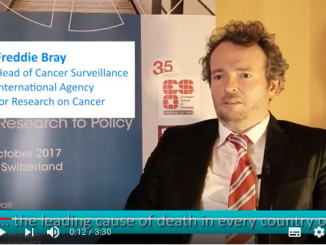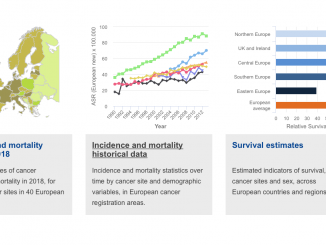
In California, coffee will soon have to carry a label stating that the beverage can cause cancer: a court decided to impose the warning because of the presence of acrylamide in the drink. The compound is used in certain industrial processes, but it can also be the result of high-temperature cooking, and when coffee beans are roasted. Studies on the relationship between acrylamide and cancer risk in people have not produced clear evidence, but now after an eight-year lawsuit filed by the non profit Council for Education and Research on Toxics, California Superior Court Judge Elihu Berle declared coffee guilty, imposing coffee makers to warn all the drinkers about the possible correlation with cancer. This happens while the recently approved EU legislation that limits acrylamide levels in products such as potatoes, bread, biscuits, cereals, crackers and, last but not least, coffee, comes into effect, starting from 11 April 2018.
After the new court ruling in California, businesses that sell coffee might be considered in violation of the state regulation which requires to disclose the prevalence of carcinogens and toxic chemicals in products. According to the judge, coffee producers, including Starbuck, Peets, and many other chains, have failed to prove that coffee is not harmful at all to humans. In addition to the warning signs, the Council for Education and Research on Toxics has asked for huge fines – as much as $2.500 for every person exposed since 2002, when acrylamide was first found in certain foods by Swedish scientists. The decision is not final yet, but according to experts cited in the Washington Post, it is very unlikely that will be reversed in the last stages of the process, although the imposition of label and fines seems premature to many: “When you put a bold declaration that ‘X may cause cancer’ when there isn’t data to that effect in humans, to me it causes panic rather than informed knowledge” said Dr. David Agus, director of the Westside Cancer Center at USC.
In June 2016 the World Health Organization’s International Agency for Research on Cancer re-classified coffee, which used to be a “possible carcinogen”, stating that there is not strong enough evidence to establish any link in humans: “These results suggest that drinking very hot beverages is one probable cause of oesophageal cancer and that it is the temperature, rather than the drinks themselves, that appears to be responsible,” said at the time Dr Christopher Wild, IARC Director.
On the other hand there is some evidence that coffee has also some good effects: for example, moderate coffee drinking (less than five cups per day) has been linked to a decreased risk of death from chronic illnesses like heart disease, type 2 diabetes and neurological diseases, such as Alzheimer and Parkinson and even depression. Coffee also appears to be associated to a lower risk for the most serious type of skin cancer, malignant melanoma, as a study published in the Journal of the National Cancer Institute found in 2015.





